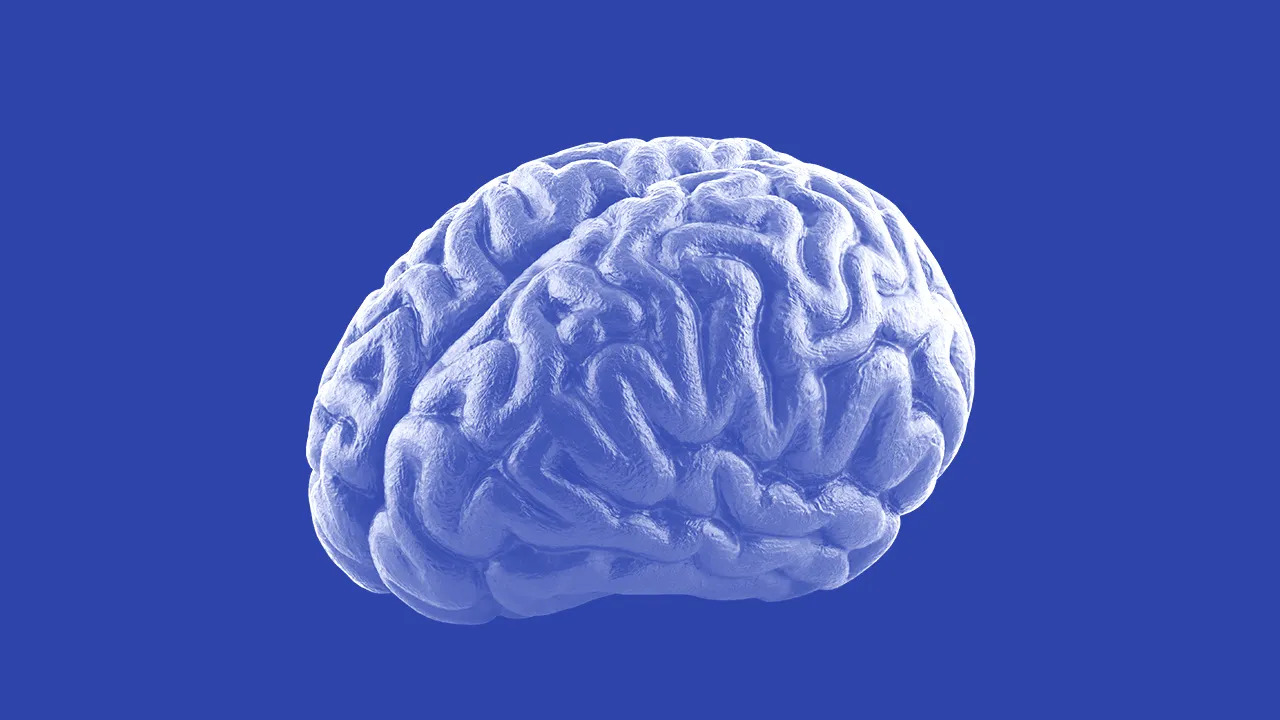Cerebral death, also known as brain death, is a medical condition that occurs when the brain is no longer functioning and cannot be revived. This condition differs from a coma, or vegetative state, as the brain has entirely ceased all activity and cannot be restored.
Various factors, including traumatic brain injury, stroke, brain tumors, infections, and lack of oxygen to the brain, can cause cerebral death. Cerebral death can occur due to a medical procedure, such as surgery or anesthesia. However, the most common cause of cerebral death is a severe head injury, which can cause irreparable damage to the brain.
The symptoms of cerebral death differ from those of a coma or vegetative state. In a coma, the patient may still have some brain activity and be able to respond to stimuli. In contrast, in a vegetative state, the patient may have some reflexive movements but is otherwise unresponsive. In cerebral death, the patient has no brain activity and cannot be revived.
A team diagnoses cerebral death of medical professionals, including a neurologist, neurosurgeon, and critical care physician. The diagnosis is based on a series of tests that measure brain activity, including an electroencephalogram (EEG), which measures the brain’s electrical activity, and a cerebral blood flow study, which measures blood flow to the brain. If these tests show no brain activity, the patient is brain dead.
There is no treatment for cerebral death, as the brain has entirely ceased all activity and cannot be revived. However, in some cases, the patient may be kept on life support to allow for organ donation because organs must be harvested from a brain-dead patient whose body is still functioning. The patient’s family may also choose to keep the patient on life support for a short period to allow family members to travel to be with the patient.
The diagnosis of cerebral death raises several ethical considerations, particularly with organ donation. Sometimes, the family may be reluctant to donate their patient’s organs, as they may feel that the patient is still alive. However, it is essential to note that the patient is considered legally dead, and organ donation can save the lives of others.
Cerebral death is a medical condition that occurs when the brain has entirely ceased all activity and cannot be revived. It differs from a coma or vegetative state, as the patient has no brain activity. A team diagnoses cerebral death of medical professionals, and there is no treatment for the condition. However, in some cases, the patient may be kept on life support to allow for organ donation. The diagnosis of cerebral death raises several ethical considerations, particularly concerning organ donation.

Comments are closed.